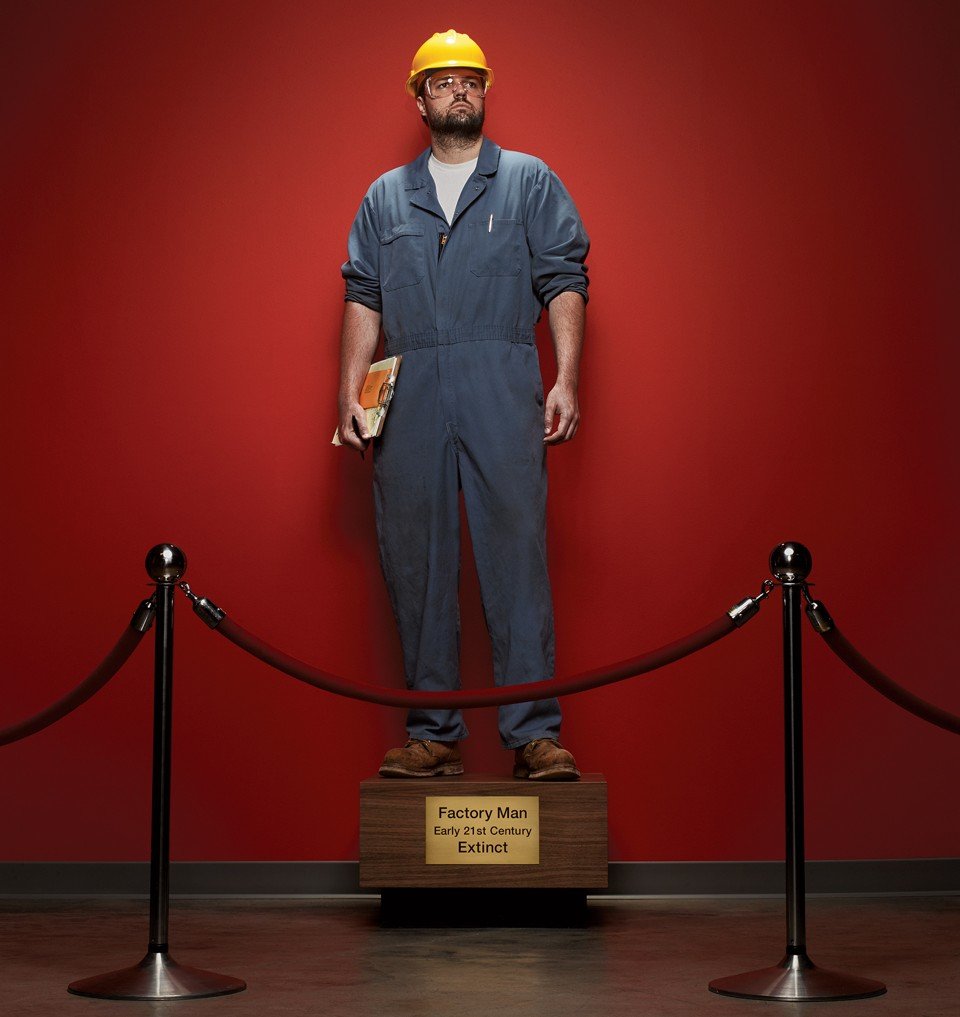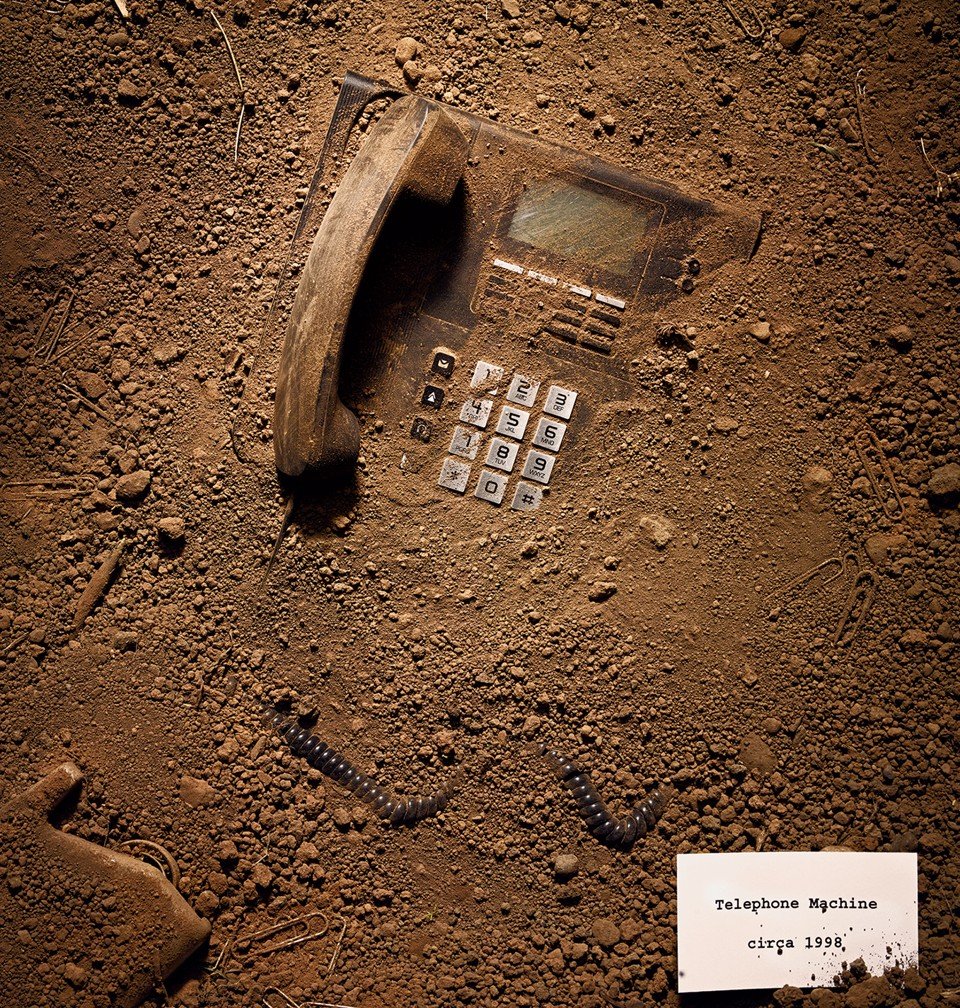A world without work
An excellent long read examining what might happen when machines make workers obsolete.
For many centuries, people created technologies that made the horse more productive and more valuable—like plows for agriculture and swords for battle. One might have assumed that the continuing advance of complementary technologies would make the animal ever more essential to farming and fighting, historically perhaps the two most consequential human activities. Instead came inventions that made the horse obsolete—the tractor, the car, and the tank. After tractors rolled onto American farms in the early 20th century, the population of horses and mules began to decline steeply, falling nearly 50 percent by the 1930s and 90 percent by the 1950s.
Humans can do much more than trot, carry, and pull. But the skills required in most offices hardly elicit our full range of intelligence. Most jobs are still boring, repetitive, and easily learned. The most-common occupations in the United States are retail salesperson, cashier, food and beverage server, and office clerk. Together, these four jobs employ 15.4 million people—nearly 10 percent of the labor force, or more workers than there are in Texas and Massachusetts combined. Each is highly susceptible to automation, according to the Oxford study.



